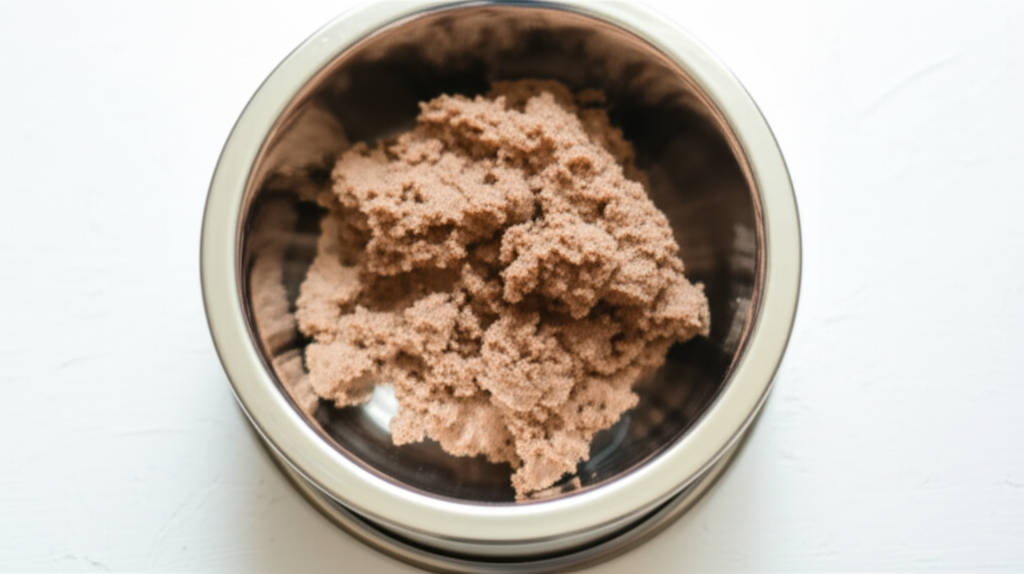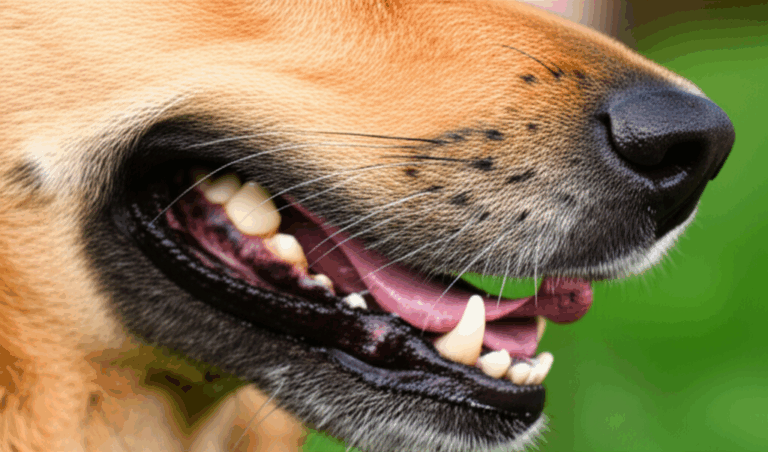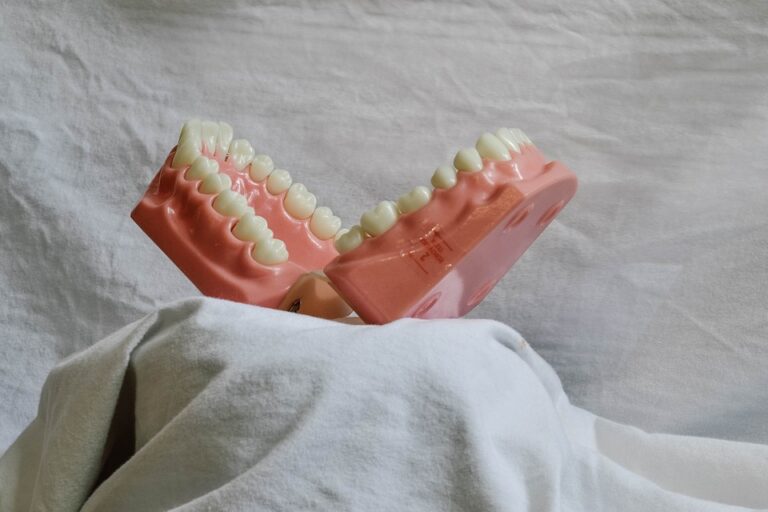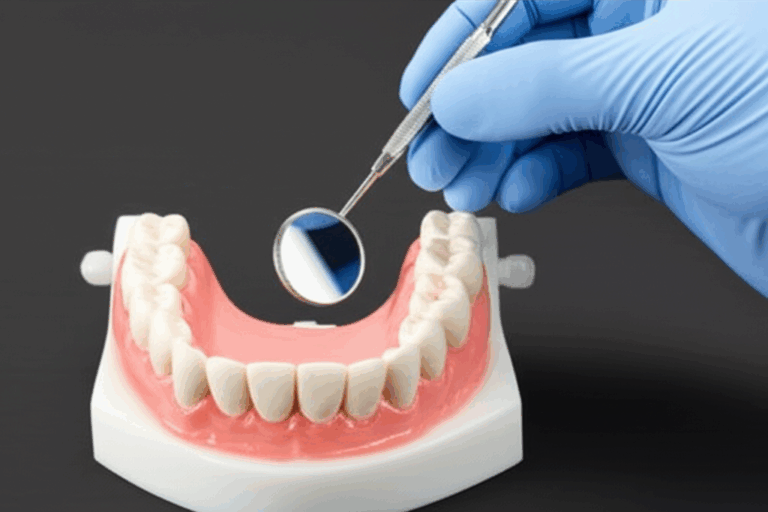
What to Feed a Cat with Dental Problems: A Simple Guide to Soothing Diets & Mouth Health
Does your cat seem upset at mealtimes? Maybe he paws at his mouth, stays away from food, or drops food out of his bowl. If this sounds like your cat, he probably has dental problems. That’s not just hard for your cat—it’s tough for you! In this article, I’ll explain what to feed cats with dental problems, why the right food matters, how to spot mouth pain, and what you can do at home—while working together with your vet. You’ll get easy answers, smart food tips, and hands-on ideas to help your cat eat happily again.
Table of Contents
- Why Do Cats Get Dental Problems?
- What Are the Signs My Cat Has Mouth Pain?
- How Does Diet Affect My Cat’s Teeth?
- What Are the Best Foods for Cats with Bad Teeth?
- How Can I Make Food Easier to Eat?
- Should I Avoid Any Foods?
- What About Cats with No Teeth?
- Can Diet Help with Gum Disease or Stomatitis?
- How Can I Help My Cat After Dental Surgery?
- What Else Can I Do for Cat Dental Care?
- FAQ: Your Top Cat Dental Questions Answered
- Important Points to Remember
Why Do Cats Get Dental Problems?
Let’s start with the basics. Like people, cats can get sore gums, gum disease, teeth that start to break down, and a really painful problem called stomatitis. Why does this happen? Tiny bits of food mix with your cat’s spit to form sticky plaque. If you don’t clean it, that plaque turns hard and becomes tartar—think of it as cement on your cat’s teeth. Then germs move in and cause sore, red gums. Over time, teeth can break or even fall apart, called feline odontoclastic resorptive lesions.
Experts say more than 85% of cats older than one year have some kind of mouth problem. This isn’t just painful—it can even make your cat stop eating.
> “Dental health is the cornerstone of overall health for cats.”
> — American Veterinary Dental College
Common Dental Problems in Cats
- Sore gums (Gingivitis): Swollen, bleeding gums
- Gum disease (Periodontal disease): Infection under the gums, can loosen teeth
- Teeth breaking down (Tooth resorption): Teeth wear away, very painful
- Stomatitis: Bad gum swelling, usually from immune problems
You can learn more about these from the dental diseases page too.
What Are the Signs My Cat Has Mouth Pain?
We love our cats, but they sometimes hide pain well. Still, if you know what to look for, you can spot trouble:
- Eating less or not wanting food
- Tries to swallow food whole
- Chews on just one side
- Bad breath
- Drooling or pawing at the face
- Dropping food, messy eating
- Gets cranky or hides away
If mouth pain goes on, a cat will stop eating, so you might even see weight loss or rough-looking fur. If you see any of these, you should get your cat checked by a vet.
How Does Diet Affect My Cat’s Teeth?
Ever hear that dry food cleans teeth? It’s not really true! Most kibbles just break apart when cats bite them, so they don’t really clean teeth. And if a cat’s mouth hurts, he isn’t chewing hard food anyway.
Here’s a simple table so you can see how different foods affect mouth comfort and dental health:
| Food Type | Good for Teeth? | Good During Mouth Pain? |
|---|---|---|
| Dry food (kibble) | Sometimes (special ones) | No (hard to chew if mouth hurts) |
| Wet/canned food | Not much for cleaning | Yes, soft and easy to eat |
| Dental diets (VOHC-approved) | Yes (for preventing plaque) | Not if the mouth is sore |
| Raw/home-cooked | Depends, ask your vet | Only if very soft, be careful with bones |
Source: Veterinary Oral Health Council (VOHC), expert advice
What Are the Best Foods for Cats with Bad Teeth?
Here’s what you need if your cat’s mouth hurts: the right food, the right texture, and sometimes special recipes. These are the best options:
1. Wet Food is Best
If chewing is a struggle, soft food is your cat’s pal:
- Smooth wet food (pate): Best for cats with sore gums or missing teeth. Try Wellness Complete Health Pate or Fancy Feast Pate.
- Chunky canned food, mashed up: If you have chunk-style food, mash it with a fork to make it smoother.
- Canned meals in gravy: Extra water helps your cat swallow and helps with hydration.
2. Pureed, Homemade Foods
If you like making food, try blended chicken or turkey with broth. But be sure it’s a balanced diet—cats need certain things to stay healthy! Check with a vet or pet nutritionist.
3. Special Dental Diets
If your cat’s mouth isn’t painful and your vet says it’s okay, you can try dry foods approved by the Veterinary Oral Health Council (VOHC), like Hill’s t/d or Royal Canin Dental. These help keep plaque and tartar away, but only if your cat can chew without pain.
- Important: Don’t give dental dry food to cats with mouth pain.
4. Appetite Helpers & Supplements
Some cats with sore mouths just don’t want to eat. Your vet may suggest an appetite booster to get them interested in food until their mouth feels better.
How Can I Make Food Easier to Eat?
Let’s solve the Problem of “My cat won’t eat”—by giving your cat what they really need:
Soften Dry Food
- Soak dry food in warm water or low-salt chicken broth.
- Use a blender or food processor to make a “slurry”—like soft oatmeal for cats.
- Try liquid or soft diets made for sick or older cats.
Change How You Serve Meals
- Offer small, frequent meals instead of one large one.
- Warm up wet food a bit, about body temperature. This makes food smell more tasty and feels less harsh on a sore mouth.
- Serve food at room temperature or just a little warm—not cold from the fridge.
Should I Avoid Any Foods?
Here’s where you really need to be careful—what might seem like a tasty treat can actually make things worse for a sore mouth.
Foods to Avoid:
- Hard, crunchy dry food (unless your cat’s pain is over; these can injure more)
- Bones, hard chewy treats, or dental chews (can crack teeth and hurt gums)
- Sugary or starchy foods (these make plaque easier)
- Food that’s too hot, too cold, or sharp
If you want to give your cat something extra, soft, vet-approved treats are best, and only if your vet says it’s okay.
What About Cats with No Teeth?
Surprise! Many cats do just fine without any teeth. Once they heal, they can eat pate-style wet food, mashed canned food, or even soaked kibble. The trick? Keep it soft. Some people give blended chicken and a bit of broth. Your vet will help you figure out what’s best if your cat had lots of teeth pulled.
Can Diet Help with Gum Disease or Stomatitis?
Great question, and really important! Feline stomatitis is very painful mouth swelling, and these cats are often very sensitive.
Tips for Sore-Mouthed, Worried Cats:
- Try diets with new proteins like duck, rabbit, or venison (often called hypoallergenic)
- Give only soft or mashed foods (mashed canned, chicken baby food, etc.)
- Avoid anything with fake colors, chemicals, or common allergens
- Ask your vet about diet add-ins: things like omega-3s or probiotics can soothe gums
Did you know? Sometimes, switching to a different type of meat or a simple diet can help cats with immune mouth problems. See more info on teeth health here.
How Can I Help My Cat After Dental Surgery?
After any mouth surgery, your cat needs special food and care while healing.
Food Tips After Surgery
- Feed only soft, wet food for 1 to 2 weeks.
- Warm up meals—it feels nice.
- Offer several small meals in a day.
- Give all the pain meds and antibiotics your vet gives you, right on time.
Example: My own cat Bella lost a few teeth last year. She wouldn’t eat her favorite kibble, but with warm, soft canned food, she started nibbling on day two. After a week, she was eating her whole meal.
See real stories from this dental care resource, too.
What Else Can I Do for Cat Dental Care?
Food is important, but true dental care means working with your vet and being involved.
1. Regular Vet Visits
- Most vets say start mouth check-ups at age one.
- Detecting problems early prevents worse trouble.
2. Get Vet Cleanings
- Cleanings under sleep (anesthesia) remove tough tartar.
- It’s the only way to properly clean under the gum.
3. Try At-Home Care
- Once pain is under control, try brushing teeth (use only cat toothpaste!)
- Use water mouth rinses and soft, vet-approved treats if your vet agrees.
- Make teeth care a regular thing—not just in emergencies.
4. Keep Learning
- Visit trusted dental sites and labs for new info. For example, a china dental lab has special products for pets if your cat ever needs special mouth help.
- Read guides about teeth info so you spot problems early.
FAQ: Your Top Cat Dental Questions Answered
Can I give my cat dry food if they have dental problems?
Not if their mouth hurts. Only use dry food for dental care if your cat is no longer in pain and after the vet says it’s safe.
How long should my cat eat soft food after dental work?
At least 1-2 weeks, sometimes longer if lots of teeth were pulled.
Are home ideas like coconut oil or raw food safe?
Never try home remedies or raw diets for a sick cat before talking to your vet. Some home tricks help, but not if they cause allergies or more pain.
Why does my cat’s breath smell bad?
Bad breath is usually the first sign of teeth or gum trouble. See your vet soon.
My old cat is losing weight—is this a teeth problem?
It could be. Dental pain is a common reason older cats get skinny.
Important Points to Remember
- Over 85% of cats will get mouth trouble if you don’t take care of their teeth.
- Cats with mouth pain need soft, easy food and plenty to drink.
- Wet or pate-style canned food is the best for cats with sore or missing teeth.
- Stay away from hard food, bones, or sugary snacks that make mouth trouble worse.
- Work with your vet for check-ups, home dental care, and food advice.
- Warm, frequent meals can help make eating easy again.
- Special labs and resources, like a dental ceramics lab, can help if you ever need special mouth treatments.
- Keep your cat happy and healthy by picking foods that make eating painless.
A happy cat can eat and enjoy food without hurting. If your cat is having trouble eating, don’t wait—talk to your vet and try these simple changes right away. Both you and your cat will be much happier!








